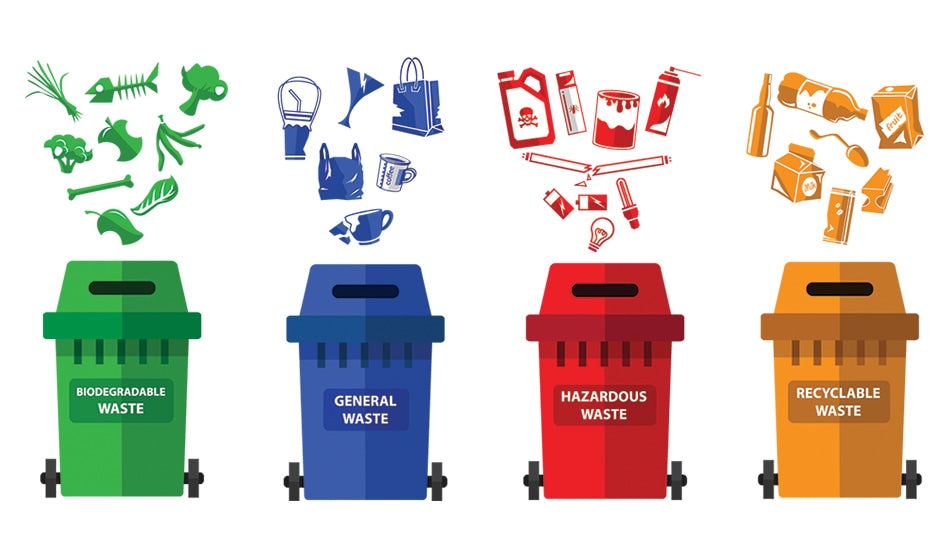Introduction:
Sustainability is at the forefront of consumer concerns, and the coffee industry is no exception. With the growing demand for environmentally friendly packaging, coffee producers are faced with the choice between compostable and recyclable materials for their coffee bags. In this blog post, we'll delve into the pros and cons of both options, exploring their impact on the environment, recyclability rates, and overall effectiveness in preserving the quality of your favorite brew.
Compostable Coffee Bags:
Pros:
1. **Biodegradability:**
Compostable coffee bags are designed to break down into natural components, leaving behind no toxic residues. These bags are often made from plant-based materials like cornstarch or sugarcane, reducing the reliance on fossil fuels.
2. **Reduced Carbon Footprint:**
The production of compostable bags generally has a lower carbon footprint compared to traditional plastic bags. These bags contribute less to greenhouse gas emissions, aligning with broader efforts to combat climate change.
3. **Soil Enrichment:**
When compostable bags decompose, they enrich the soil with organic matter. This can enhance soil fertility and structure, promoting healthier ecosystems.
Cons:
1. **Limited Industrial Composting Facilities:**
The effectiveness of compostable bags largely depends on the availability of industrial composting facilities. In regions lacking such facilities, these bags might end up in regular landfills, where they decompose at a slower rate.
2. **Potential Contamination:**
Contamination of compostable waste with non-compostable materials can hinder the composting process. Consumers need to be educated about the proper disposal of compostable bags to avoid cross-contamination.
Recyclable Coffee Bags:
Pros:
1. **Widespread Recycling Infrastructure:**
Unlike compostable bags, recyclable coffee bags can be processed in existing recycling facilities. This makes recycling a more accessible and convenient option for consumers.
2. **Energy Efficiency:**
Recycling materials often requires less energy compared to producing new ones. Utilizing recycled content in packaging helps conserve resources and reduce energy consumption.
3. **Versatility of Materials:**
Recyclable coffee bags can be made from various materials, including traditional plastics and recyclable laminates. This versatility allows for innovation in creating packaging that meets specific functional requirements.
Cons:
1. **Limited Recyclability of Some Materials:**
Many coffee bags are constructed using a combination of materials that can be challenging to separate during the recycling process. This complexity may reduce the recyclability of certain coffee bags.
2. **End-of-Life Concerns:**
While recyclable, traditional plastic coffee bags may contribute to long-lasting pollution if not disposed of properly. Improper disposal, such as littering, can lead to environmental harm.
Conclusion:
In the ever-evolving landscape of sustainable packaging, the choice between compostable and recyclable coffee bags involves weighing the pros and cons based on your priorities and local infrastructure. Compostable bags offer biodegradability and reduced carbon footprint but face challenges related to composting infrastructure. On the other hand, recyclable bags provide convenience and compatibility with existing recycling systems but may still pose challenges due to material complexity.
The ideal solution may lie in continued research and innovation, striving to develop packaging that combines the best of both worlds. As consumers, we play a crucial role in supporting sustainable practices by making informed choices, properly disposing of packaging, and advocating for improved recycling and composting infrastructure.
At Torque we have made a decision to focus on reducing and reusing as our primary ecological sustainability initiatives because they have the most dramatic impact. In our coffee packaging we are committed to reducing all non plant based plastic. And we have done it. We are 100% plastic free in our retail bags, shipping and packing materials, and more.
Our second focus is on biodegradability (big part of compostabibility) but biodegradable means it is designed and enhanced to break down faster and completely. In Commercial composters this process is rapid and efficient, but even in your backyard composter they will break down and be safe. unlike plastics which are essentially forever. Third we work hard to source recycled products everywhere we can because we want to create a market for recycling.
Ultimately, whether you enjoy your morning brew from a compostable or recyclable coffee bag, each choice contributes to the broader conversation about sustainability in the coffee industry. As we move towards a more eco-conscious future, collaboration between consumers, producers, and policymakers will be key to finding solutions that balance environmental impact, convenience, and quality.

